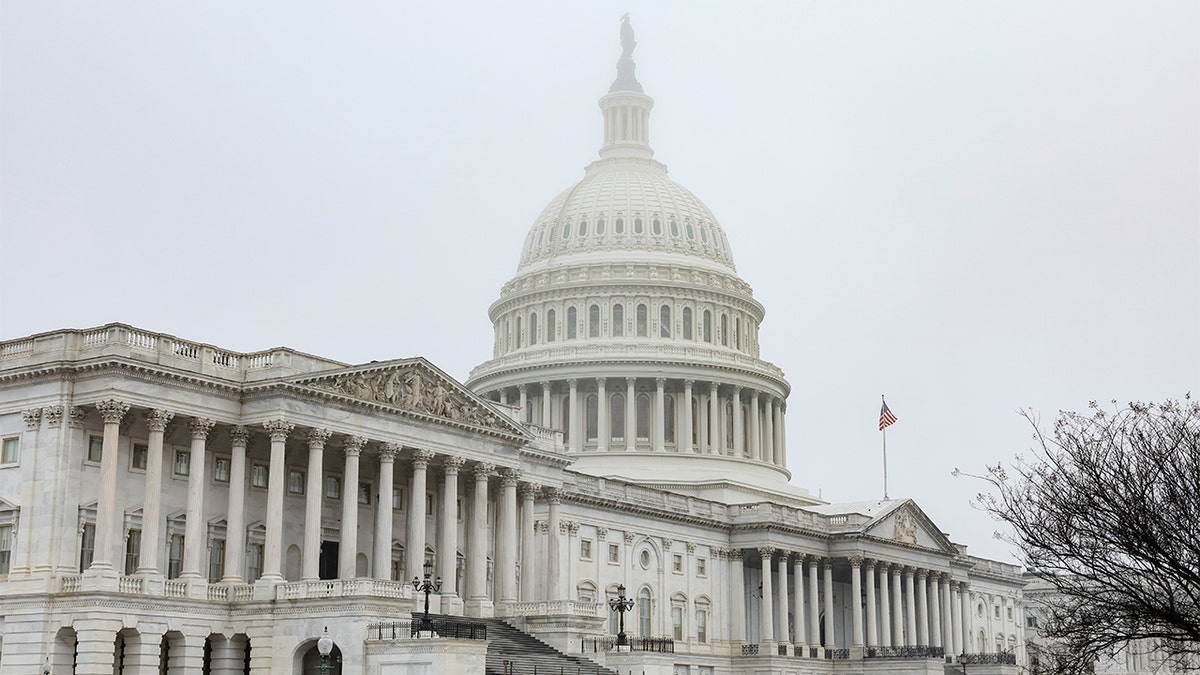A potential government shutdown always sparks discussions about the size and scope of the federal government. When such a shutdown occurs, it's categorized as "partial," meaning only "nonessential" services are temporarily suspended while crucial functions like national security, border protection, law enforcement, and disaster relief continue uninterrupted. Programs like Social Security and agencies such as the Postal Service typically operate independently of the annual budget process and remain unaffected.

The impact of a short-term shutdown, say under two weeks, is often minimal, with federal employees generally receiving back pay. Even in longer shutdowns, retroactive pay for government workers and congressional staff is common, lessening the immediate financial burden. This reality often contrasts sharply with the dire predictions typically associated with government shutdowns.

Some view shutdowns as a necessary tool to tackle excessive government spending and the mounting national debt. They argue that temporarily halting non-essential functions forces Congress to prioritize funding and potentially eliminate wasteful programs. The U.S. national debt presents a significant challenge, and shutdowns can be seen as a way to prompt difficult but necessary conversations about fiscal responsibility.

The federal government operates on a fiscal year that begins October 1st. Congress is tasked with approving a series of appropriations bills to fund government operations by the end of September. If these bills aren't passed, agencies are legally restricted from spending, leading to a partial shutdown. The budget process itself is a complex undertaking, starting with the President's budget proposal in February, followed by Congress developing a budget resolution outlining spending limits. House and Senate committees then draft specific funding bills, which ideally should be finalized by September 30th to avoid a shutdown. Continuing resolutions, temporary funding measures, can also be employed to prevent shutdowns if the regular appropriations process isn't completed in time.
Comments(0)
Top Comments